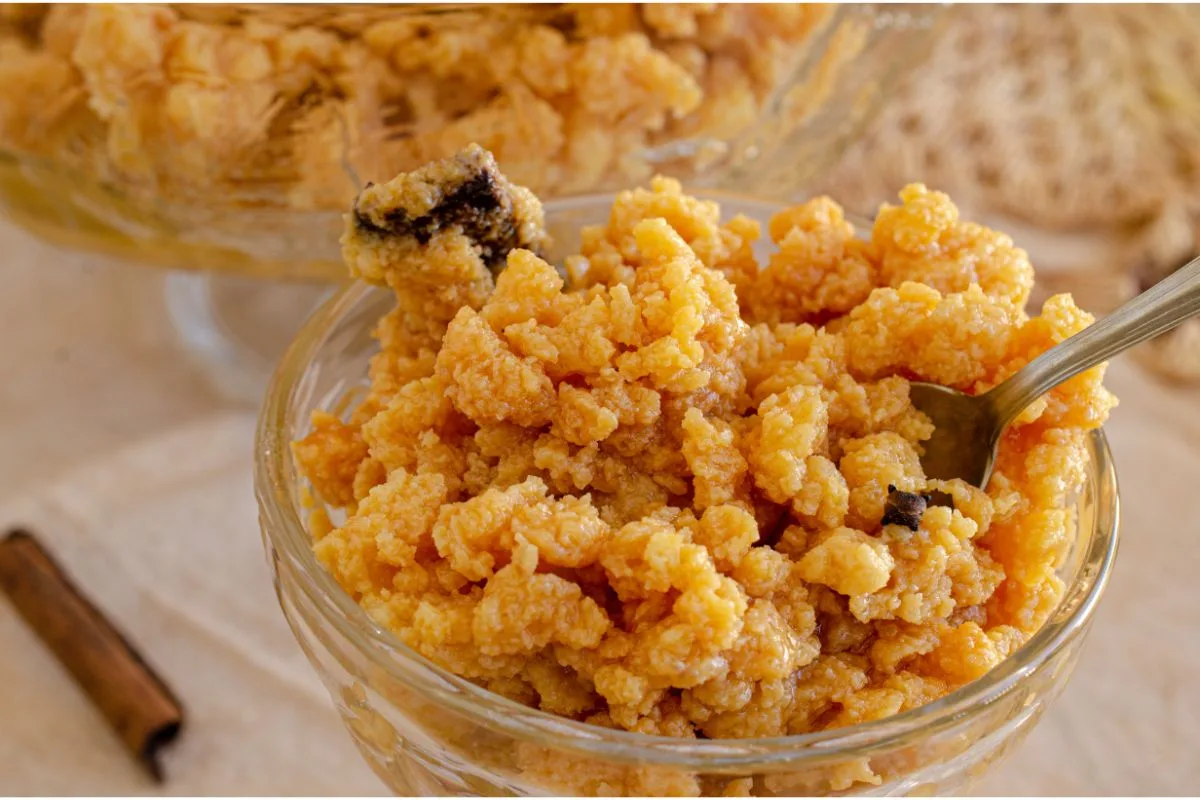5
you are viewing a single comment's thread
view the rest of the comments
view the rest of the comments
this post was submitted on 13 Nov 2024
5 points (85.7% liked)
No Stupid Questions
2174 readers
5 users here now
There is no such thing as a Stupid Question!
Don't be embarrassed of your curiosity; everyone has questions that they may feel uncomfortable asking certain people, so this place gives you a nice area not to be judged about asking it. Everyone here is willing to help.
- ex. How do I change oil
- ex. How to tie shoes
- ex. Can you cry underwater?
Reminder that the rules for lemmy.ca still apply!
Thanks for reading all of this, even if you didn't read all of this, and your eye started somewhere else, have a watermelon slice 🍉.
founded 2 years ago
MODERATORS

Ah, ambrosia...

I ate a lot of that. But it didn't make me immortal, it made me fat. (I'm joking of course - the dish above is named after the Greek myth OP talks about.)
Serious now: I think that the myth refers to both honey and mead, without making a distinction between both. I'm saying this because:
EDIT: about nectar. Both ἀμβροσῐ́ᾱ→ambrosia and νέκτᾰρ→nectar ultimately mean the same thing: "not dying", "immortal" (check the links for etymological info). As such I think that both names initially referred to the same thing, and only evolved into two different mythological food items later on.
Were there ever Olympian bees in the mythology?
Not to my knowledge. However, there are plenty references to bees in the whole mythology.
For example, the priestesses of Demeter (Olympian goddess of the soil, crops and food) were typically called μελισσαι melissai "honeybees"; and Persephone (goddess of the spring and underworld; Demeter's daughter) got quite a few honey-related epithets, such as Μελινδια Melindia and Μελινοια Melinoia (both with μελι meli "honey").
Interesting that melissa and melinda are probably rooted from honey (miel in French haha), maybe Melissandre